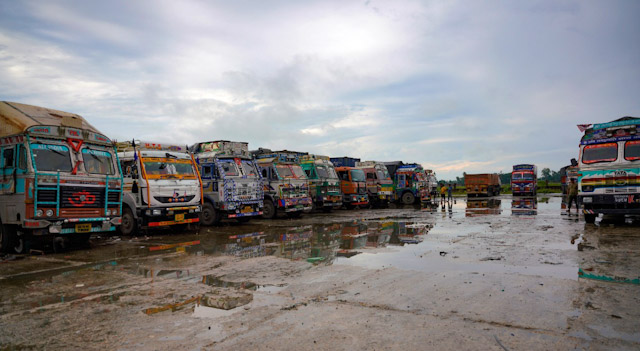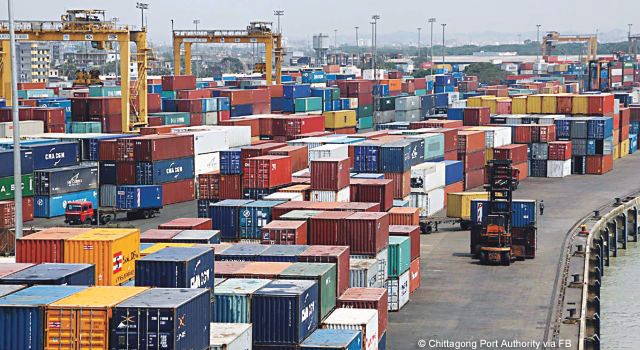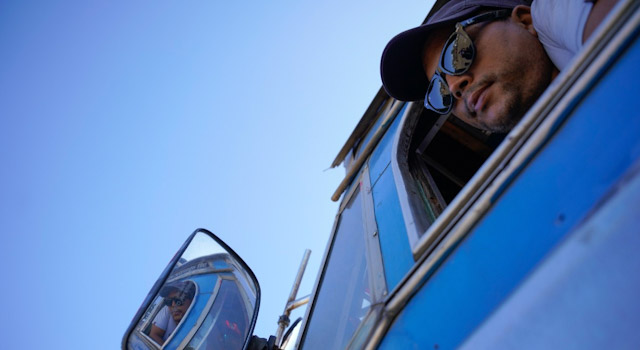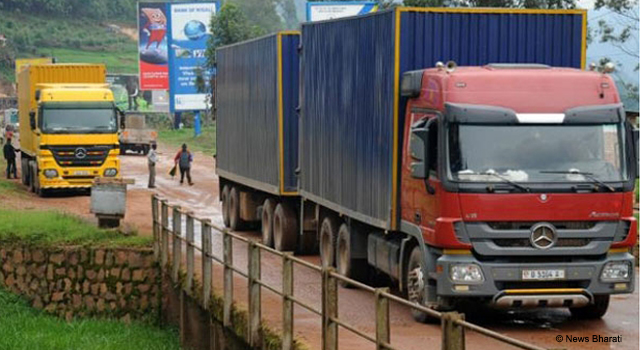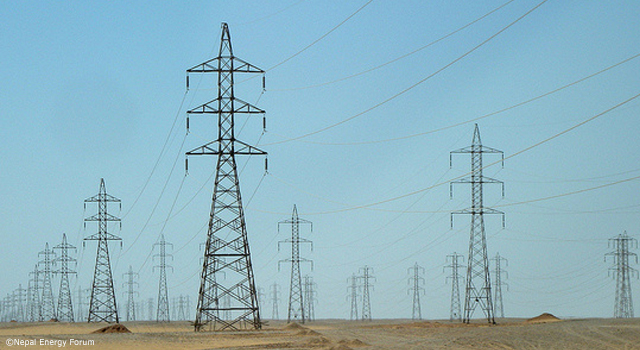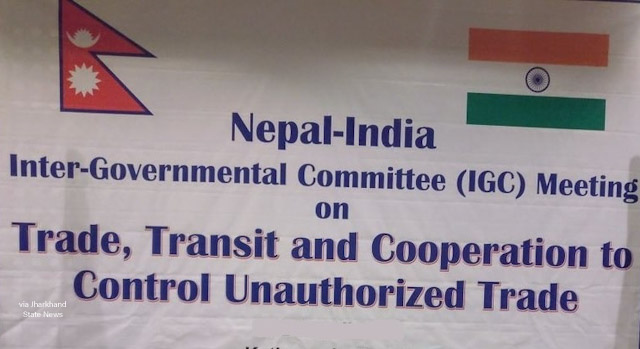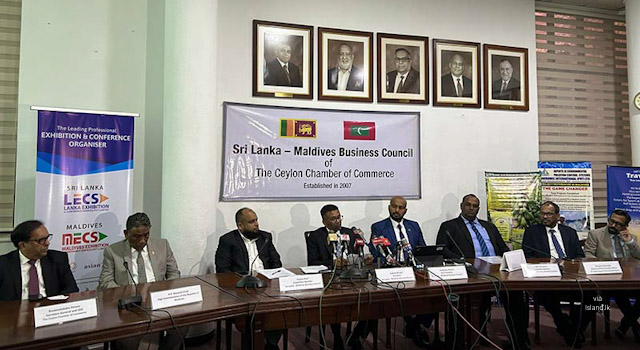
Seminar on BBIN MVA Calls on Bhutanese Parliament to Endorse the Agreement
22 November 2015
A seminar discussing the importance of the Bangladesh-Bhutan-India-Nepal (BBIN) Motor Vehicle Agreement (MVA)—designed to enable seamless transit of passenger and cargo vehicles among the four nations—was held in Thimphu, Bhutan on 22 November 2015, to coincide with the Bhutan leg of the BBIN Friendship Motor Rally. The seminar, organized by Kalinga Motor Sports, with funding from the Asian Development Bank and support from the Governments of Bangladesh, Bhutan, and India, provided information on the BBIN MVA and discussed the recent decision of the Parliament of Bhutan to defer its endorsement.
The Ambassadors of Bangladesh and India spoke on the occasion, calling on Bhutan's parliament to endorse and ratify the agreement urgently, given its importance for the subregion's connectivity.
Indian Ambassador to Bhutan Gautam Bambawale acknowledged Bhutan's concerns about the MVA, including a potential sharp increase in tourism or vehicular traffic from the region. He assured the Parliament of Bhutan and the Bhutanese people that trade, tourism, and vehicular traffic, as an output of regional economic integration, will be a slow and steady process, and will growing at a pace that is manageable for their country. Bangladesh Ambassador to Bhutan Jishnu Roy Choudhury underscored the benefits of the BBIN MVA in trade, commerce, and people-to-people contact.
Bangladesh and India have already ratified the MVA through endorsements by their respective cabinets in August 2015.
ADB consultant Mr. Achyut Bhandari explained how the BBIN MVA will boost economic integration, including reduction in cargo transport costs and elimination of cumbersome cross-border procedures. He also said protocols that will be applied to ensure that recommendations of the MVA will be followed, including installation of tracking devices on vehicles and containers for the first two years to ensure that vehicles will not divert from their designated routes. Mr. Bhandari also emphasized that the MVA prohibits cabotage, or trade or transport between two points within a country. Specific transit details between and among the participating countries will be ironed out by the countries themselves, on a bilateral or trilateral basis, upon country ratification of the BBIN MVA.
Bhutan's National Assembly revoked the endorsement on 20 November, following deliberations on 17 November which endorsed the MVA with 22 votes. A meeting by a special committee comprising 7 members from both the ruling and opposition parties agreed to a second vote, resolving that calculation of majority vote will be based on total number of members of Parliament. Previously, bills in Bhutan were approved by a show of hands or simple majority count of members present.
Related Links:









